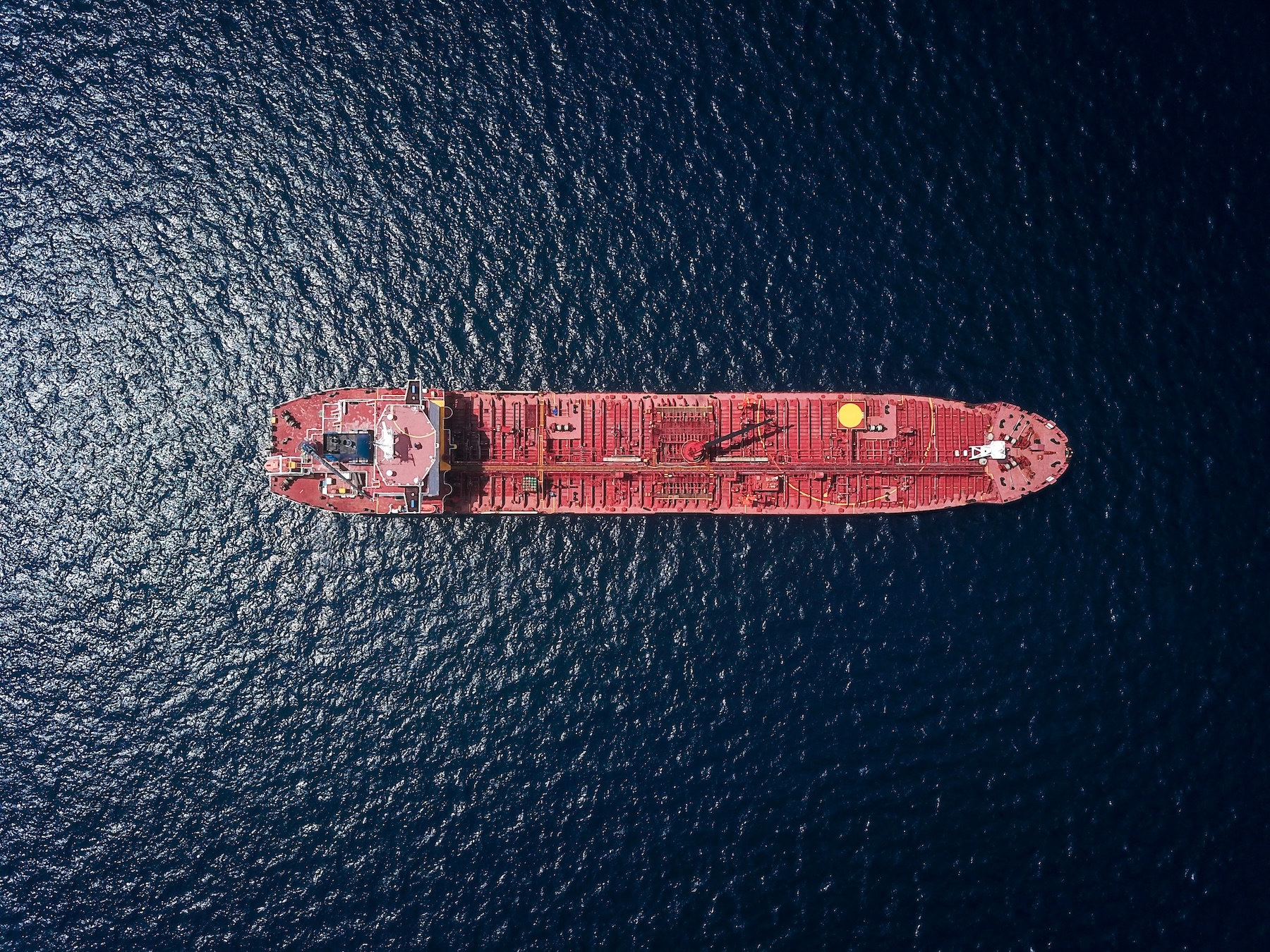Operation Prosperity Guardian – early thoughts

The new Operation Prosperity Guardian has made headlines today, even though it has not even been officially announced yet. The idea has been making the rounds in recent days due to Houthi forces conducting several attacks against commercial ships in the Red Sea. Launching a naval operation with little lead time, however, is likely to create some challenges to say the least.
Below are just some issues that haven’t been discussed in great depth so far. Keep in mind that these are very early thoughts so I’m looking forward to any feedback and comments.
The tactical level
Seafarers probably won’t care much about in-depth deliberations between defence officials, naval officers and political advisors. They just want better protection during their day-to-day work which is challenging at the best of times. Unfortunately, they have rarely been part of the discussion which is largely centred on the Red Sea being crucial for world trade. What has been completely lost is that seafarers are the people who actually enable these trade flows while also being by far the most affected group at the moment.
That said, how is this protection going to work in practice? Will Operation Prosperity Guardian be some kind of area defence against drones and missiles and if so, how effective would it actually be? Given the number of intercepted drones and missiles and recent days, the general assumption is ‘pretty effective’. However, there is no complete certainty. That means that comprehensive threat and risk assessments for Red Sea transits – which are actually recommended by shipping industry organisations – won’t get much easier.
In addition, will the focus be on the threat at hand, namely aerial attacks? This could encourage the Houthis to use their ‘drone boats’ – which have been highly effective in the past. It’s certainly possible for naval ships to intercept them but that requires relatively close protection by naval assets. On a merchant ship, there is very little crews can do to mitigate this particular threat, and it will be extremely complicated to identify an incoming drone boat, given the sheer amount of legitimate small-boat traffic in the area. The mere fact that drone boats may be used certainly complicates matters significantly.
Navies may choose to respond by offering protection for convoys of merchant ships but that opens up a big can of worms. First of all, merchant ships would have to transit at slow speeds. When you can transit the Red Sea at 20 knots on a container ship, do you want to slow down to 12 knots to join a convoy with a couple of bulk carriers though?
Moreover, merchant ships would be even more concentrated than they are now, creating a gathering of potential targets. When an aerial drone swarm then exhausts the air-defence system of the escorting naval vessel, what does the response against more drones look like? And that doesn’t even address the financial considerations which are definitely a shortcoming for European navies. Shooting down a $20,000 drone with a missile that costs north of $500,000 is not a good look for the defence budget of most countries.
Another thought about convoys. The shipping industry is pretty international so which ships will get protection and will there be some level of prioritisation? Would a US destroyer only protect ships that are registered in the United States or also those vessels that are owned by US companies but registered somewhere else?
We’re then once again asking what country a ship belongs to. Any ship might be owned by a company registered in the Isle of Man which belongs to a German financial institution which has nominated a Singapore-based ship manager to run the vessel which is flagged in Liberia and insured in the UK. This is by no means an unusual construct.
(Sidenote on this: The term ‘flags of convenience’ has been thrown around in this debate to highlight that many shipping companies prefer to register their ships outside of their home countries. Few people who use this term, however, can actually define it. The actual term to use is therefore ‘open registry’, unless you’re talking about very specific issues. In that case, the seafarers’ union ITF actually has a very good definition and a list of flags of convenience. Countries like Mongolia and North Korea are on that list, alongside with the international registries of France and Germany.)
The broader picture for Operation Prosperity Guardian
This has already become quite a long list of potential issues yet there is a bigger picture in all of this. The US military in particular has been incredibly de-escalatory so far which highlights that the US in particular are really in a bind. During the Donald Trump presidency, Middle East policy largely consisted of abandoning allies and conflicting messages. There are much longer discussions to be had about this but among other things, it led to Saudi-Iranian rapprochement, sponsored by a Chinese initiative.
This has provided a boost to Saudi efforts to finally get out of their costly campaign in Yemen. The drawn-out process has made progress throughout this year and the Houthis are very unlikely to jeopardise a potential deal by doing something that would lead to a Saudi reaction. Meanwhile, Saudi officials have been extremely quiet about the situation in the Red Sea with the Houthis offering something of a pressure valve for Saudi public opinion regarding Israel’s war in Gaza.
In this context, will there be strikes against Houthi targets in Yemen? If yes, would they be carried out only to please a domestic audience? Western governments have played no role whatsoever in Yemen in recent years, and the Houthis certainly don’t expect any recognition in their quest for statehood. By and large, they are solely concerned about their complicated relationship with Saudi Arabia while also trying to consolidate power in Yemen. Fighting against Israel and the US at the same time could provide them with even more legitimacy.
There are more discussions to be had about this situation. Would specific merchant ships become targets in other parts of the Middle East or elsewhere? Drone strikes in the Arabian Sea have taken place on some occasions in the past already; Hezbollah has the capabilities (albeit currently no intentions) to do the same in the Eastern Mediterranean.
In a nutshell, there are some challenging times ahead. Together with my very good colleagues at Risk Intelligence, we will try our best to offer guidance and current and potential issues. In this context, I’m very much looking forward to your thoughts and feedback regarding Operation Prosperity Guardian in particular and ongoing challenges for commercial shipping and seafarers in general.
But before getting in touch with me, you should consider a donation to the Mission to Seafarers. I ran a marathon to raise some money for them a few years ago (and I really don’t like running). Their work is really appreciated by a lot of people.

